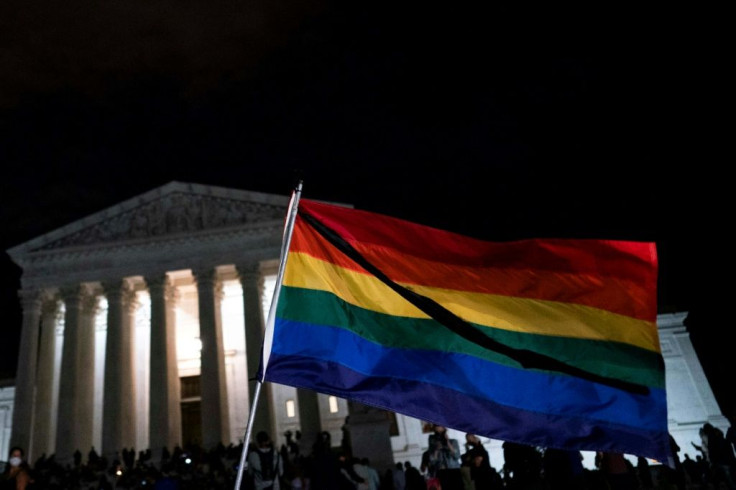Canada Bans Controversial Conversion Therapy, Will The US Follow?
Canada on Thursday banned conversion therapy, the practice aimed at changing a person's sexual orientation or gender identity, through a bill that passed the House of Commons and Senate unanimously after two failed attempts. The ban will go into effect in January.
Conversion therapy uses techniques discredited by the medical community and that some consider torture. It is a practice that is supported by many far-right and extreme Christian and Catholic organizations.
The U.S. has yet to implement its own federal ban on conversion therapy, which Biden said he would back in 2020, a promising sign but he has yet to follow through. Though in varying degrees, many states have banned conversion therapy by outlawing its use on minors in the state or by banning the use of federal funds for conversion therapy, in full or partial bans.
Twenty-four out of the 50 U.S. states have either fully or partially banned conversion therapy: New Jersey, California, Oregon, Illinois, Vermont, New Mexico, Connecticut, Rhode Island, Nevada, Washington, Hawaii, Delaware, Maryland, New Hampshire, New York, Massachusetts, Colorado, Maine, North Carolina, Utah, Virginia, Wisconsin, Michigan, and Minnesota.
The territory of the District of Columbia banned conversion therapy in 2015 and the territory of Puerto Rico has a partial ban on conversion therapy that went into effect in 2019. There are also multiple regions, towns, counties, cities, districts, etc. in different states that have banned the practice either in full or in part.
However, there is no federal ban on conversion therapy in the U.S. though there have been multiple calls for one and multiple attempts to pass such bills in Congress, even ones that have been introduced in 2021.
The American Medical Association even backed such measures in 2019.
Across the spectrums of identity, those who are a part of the LGBTQIA2+ communities continue to face systemic oppression and persecution, including physical attacks on their person.

© Copyright IBTimes 2025. All rights reserved.






















